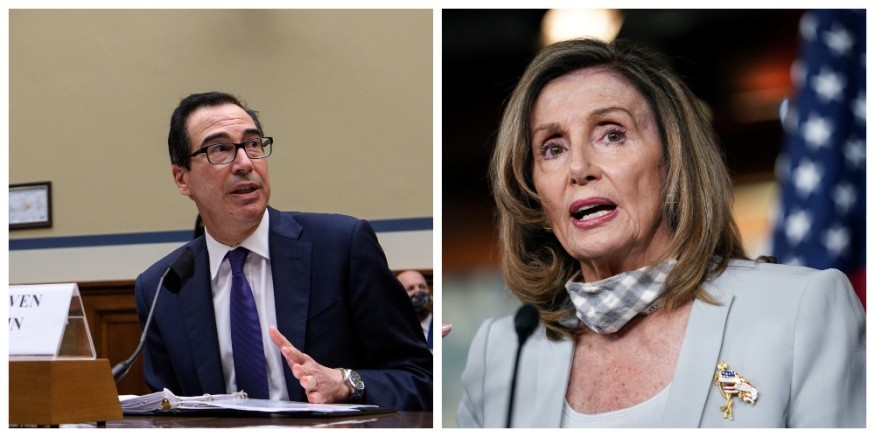Disagreement Continues on State and Local Funding
The Republican and Democratic lawmakers continue to debate in providing the right amount of financial aid for state and local governments amid the stalled talks on the stimulus bill.

The Republican and Democratic lawmakers continue to disagree on the right amount that states and local governments will receive as fiscal aid.
This would add up to their heavily debated talks on the total amount of the next stimulus package to help millions of Americans.
Republican lawmakers are pushing for $150 billion additional aid for state and local governments. Republicans believed that the amount is enough because the economy is slowly coming back to normal.
Some economists also supported the reason behind the decision of the Republican lawmakers.
However, the Democratic lawmakers are pushing for $900 billion aid, which is bigger compared to the Republicans. Republicans described the figure as outlandish. Some economists believed that the amount offered by the Democrats would add to the country's increasing deficit.
Federal aid to state and local governments is very important. It would help fund employment and services in education, transportation, infrastructure, and other key fields. Without this federal aid, there is a possibility that the state and local governments cannot support their relief and employment programs.
Josh Goodman of the Pew Charitable Trusts' state fiscal health project said: "The actions state governments take affect the lives of Americans in huge ways. When they're in difficult budget positions, they're either cutting services when people can least afford it or raising taxes when people can least afford it."
The disagreements on state and local aid add to the two parties' tension to come up with a broader new stimulus bill. A bill that will renew expanded unemployment payments that expired in July, provide funds for reopening schools, revive a successful loan program for small businesses, and bolster the public health response.
The Republican-led Senate, who is set to return on Sept.8, will unveil and introduce details of a new stimulus bill. Lawmakers are expected to vote on it. The Democrats are also expected to do the same next week.
Experts believed that the federal aid is very important in the country's economic recovery, no matter how much money will be approved. They believed that the longer the Congress postponed reinstating those programs because of their disagreements, the deeper the economic scars would be.
Justin Theal, Goodman's partner at Pew, said: "One of the hallmarks of the recovery from the Great Recession was how long it took for states and local budgets to recover. It was slower than the previous four downturns."
This means that if the budgets are slow to recover, state and local governments can hold the broader back recovery by laying off workers, cutting services, and raising taxes.
"As you look at the economic outlook, there are some negative scenarios, and the ones that are most pessimistic involve not supporting state and local governments," said Charles Evans, president of the Federal Reserve Bank of Chicago.
Check these out!
Subscribe to Latin Post!
Sign up for our free newsletter for the Latest coverage!
© 2026 Latin Post. All rights reserved. Do not reproduce without permission.















